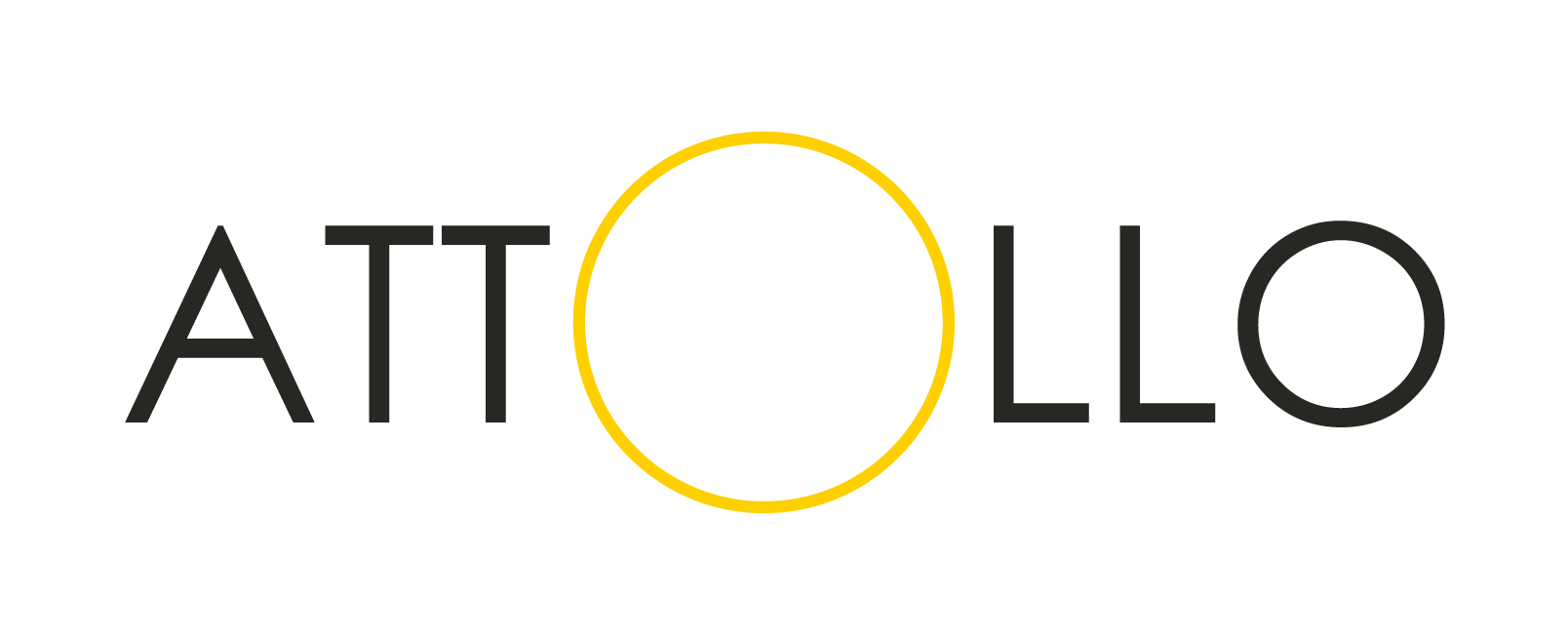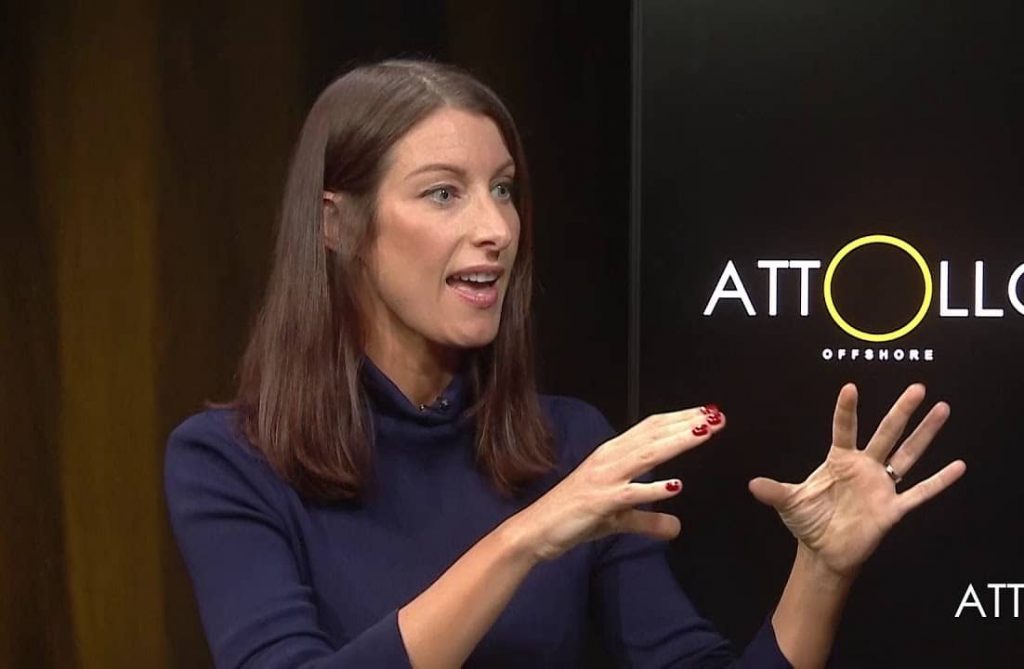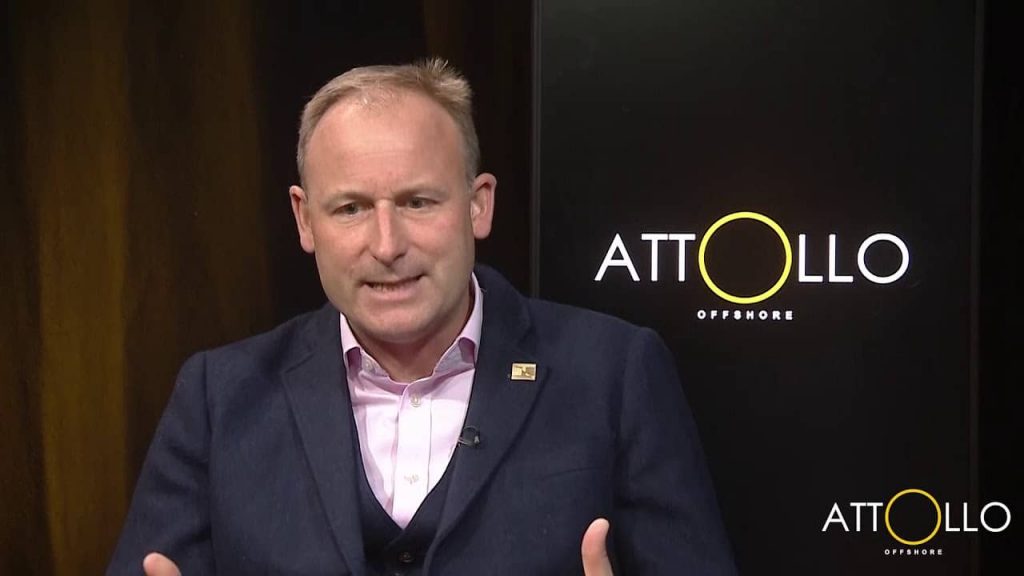Attollo Conversation with Brett Moffatt – Managing Director of Talent Intelligence.
Michael Hayman: Hello and welcome to the Attollo conversations with me, Michael Hayman. It’s the series shedding light on technology disruption and the what’s next for the energy industry. My guest today is Brett Moffatt. He’s the managing director of Talent Intelligence, the global leadership risk management company that solves critical talent challenges. Working around the globe, Brett and his team help recruit and retain talent that supercharge the performance of business.
Michael Hayman: Now he says this, the idea of working nine to five until you receive a gold watch at the age of 60 is dying out fast. Brett, welcome. But how quickly do we want that watch and does it have to be gold?
Brett Moffatt: I think we need to, we absolutely need to change the expectations of what retention and longevity means in the organization. I think we need to start with the point that even though employment contracts are contracts, we need to think about the emotional contract we have with our employees.
Brett Moffatt: We need to start thinking about what both parties can get out of the relationship for the time that we’re together.
Michael Hayman: But that statement about the hanging on until your 60, minutes speaks to a broader truth doesn’t it? That I guess people want things much more instantaneously these days. We want career advancement. Is this just something that’s happening in tech, or do you see that as being a work wide issue in terms of the demands of very talented people?
Brett Moffatt: I don’t think we can say, “Is it just in tech?” Anymore. Tech is everywhere, and so many organizations are going through what they call digital transformations. Tech is becoming the very hub of what an organization’s about. So you bring in tech people to your organization, they are going to have different expectations, and that culture is going to change everything about the organization.
Michael Hayman: Okay. So that’s one of the drivers. Is there a generational driver here as well?
Brett Moffatt: I think there’s a huge generational driver. If you think about the US at the moment, 10,000 people are turning 65 every day, and they’re going to turn 65 every day for the next 20 years.
Michael Hayman: That’s a lot of people.
Brett Moffatt: It’s a lot of people, and it’s a lot of people turning 65 and by definition retiring over there. So I think that companies need to be smarter about handing over to more junior members of the team now.
Michael Hayman: So when you’re advising leaders of organizations, what’s the central angst? Is it that the retiring end of the workforce, or is it the up and coming, and in terms of, who you need to keep happy and onside?
I Brett Moffatt: think that the real challenge at the moment is how are you keeping the new generations of employees happy in the workplace? I think that if you’re 60 you’ve got a lot to offer. But there is an expectation that at some stage in the next 10 years you probably won’t be working there anymore.
Brett Moffatt: But new generation’s coming in, millennials generation Z. They’re coming in and they’ve got the next 30 years in an organization. I think that if employers aren’t thinking about keeping them happy, they missing a trick.
Michael Hayman: Presumably they’re not thinking about the next 30 years at one organization, mobility seems to be a big part of the mindset of a lot of people.
Brett Moffatt: I think that’s the point. We just need to stop thinking that people are going to be with us forever. We need to think about what we can get out of the the employees, and what the employees can get out of us while they’re here, whether it’s one, two or three years.
Michael Hayman: And when your parts of the economy, which is energy, oil and gas, when you’re looking at the specifics here, when you look at the debates about talent and how you retain it, are there other lessons from other parts of the business world? Or do you think they are quite unique to particular sectors?
Brett Moffatt: Oil companies by definition are multi-site and highly complex. When we think about talent in organizations like that, again we’re thinking not just about the traditional sources of talent and the traditional skill sets, we’re thinking about what are those organizations going to look like in the next 20 years? Typically they’re going to be automated, they’re going to be digital in nature.
Brett Moffatt: So looking at how we’re bringing people into those organizations, is again going to change the way those organizations look at.
Michael Hayman: Do the leadership teams themselves need to change as well as the people that are coming in? But what about the decision making structures, the hierarchies, if you will, that are actually making those decisions? Are they going to have to change with the times?
Brett Moffatt: I think it would be nice if they could. But I think that the best option here is, as I said earlier, to try and make sure that we’ve got a generational shift from the current leaders, and by leaders I’m not necessarily talking about the senior people in organizations, I’m talking about the people who know how the organization works. How is that information and knowledge, how is the soul of the organization being transferred to a new generation?
Michael Hayman: One last tip, somebody who’s watching this is in a leadership position, they’re thinking about risk, talent flight, what’s something that they could do right now to make themselves a better risk resistant business?
Brett Moffatt: They can stop the reliance on executive search. They spend a lot of time, they invest very heavily in internal succession. But so often when a vacancy occurs, an organization looks at the internal successes and realizes that actually those people they thought were ready now aren’t ready now. Even the ready later people are ready much later than they thought.
Brett Moffatt: So their option then is go out into the marketplace via an executive search firm, and whilst they’re great at what they do, it is very reactive. If there’s one thing that an executive in any industry can do right now is, start connecting with executives in the marketplace today to build an integrated succession.
Michael Hayman: So don’t wait for the distress. Look at it as the opportunity.
Brett Moffatt: Yeah, well manage the risk.
Michael Hayman: Brett Moffatt, thank you very much indeed.
Brett Moffatt: Okay, thank you.
Michael Hayman: And a big thank you to Brett Moffatt, making the case there for a new approach to talent retention. He says, businesses have to play the long game if they want to get their people strategies right. And in a new digital era, different generations have different expectations. But one thing remains constant, relationships matter. Invest the time and effort into them and achieve the continuity, and in so doing, transfer the soul of the very business to a future generation. I’ll see you for the next edition of the Attollo conversations.
For more information, contact:
Share this insight


